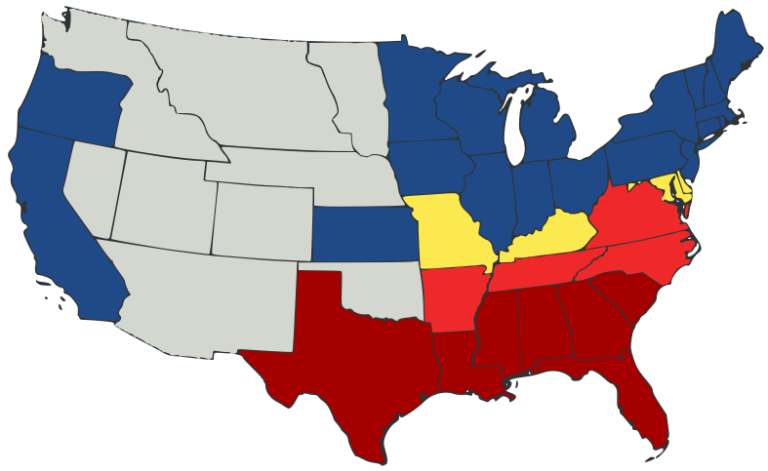Scope of the Quality Management
System
The scope of the QMS in many cases is self-evident and defined by the activities taking place at a single location.
From a review of the nature of the organization’s operations, products, and services, the extent of the QMS should be clear and not misleading. This should be expressed in the extent of processes and controls which the organization has established. The scope of the QMS should be based on the nature of the organization’s products and services, their operational processes, issues raised in establishing the context of the organization and relevant requirements from relevant interested parties, the result of risk-based thinking, commercial considerations, and contractual, statutory and regulatory requirements.
Consequently, the scope of certification encompasses the scope of the QMS which the organization decides to be certified. As certification plays an important role in contractual and regulatory fields, it is very important to establish the scope in a reliable and non-misleading manner.
Examples of misleading scopes:
- Scope text includes a normative standard that is not included in the audit and might give the idea they are also certified to this standard
- Scope is too broad or vague and gives an incorrect impression: e.g., general construction vs. construction of roads only – in the case that the organization only applied for certification for construction of roads; e.g., construction vs. construction of buildings – in the case that an organization only has a license to do buildings.
- Lists of portfolio products that cannot be sustained and for which the company may not even demonstrate provision.
- Scopes with claims that cannot be substantiated, e.g.: same-day home repairs.
The scope includes marketing or promotion statements, e.g., the cheapest and best product.
The scope of certification should clearly define:
– the scope of the QMS, types of products and services, related sites, departments, divisions, etc. that are covered by it,
– the organization’s main operational processes for its products and services, such as design, manufacture, packaging, delivery, etc., for the product lines that are covered.
It is essential that the scope of certification be drafted by the organization prior to applying for certification. This should then be analyzed by the certification body during Stage 1 of the initial certification audit.
As an additional measure to avoid potential confusion among customers and end-users, the scope of certification should be clearly defined in the organization’s documented information and make it publicly available.
With IQC – the ISO Professionals, you’ll get all of the information and the proper training that you need to go on with the industry you are in! Here are the ISO Standards we can help you with:
- Asset Management ISO 55001
- Automotive Core Tools
- Automotive IATF 16949
- Body Armor BA 9000
- Capability Maturity Model Integration
- CMMC
- Counterfeits AS6081
- Energy ISO 50001 and SEP
- Environmental ISO 14001
- Ethical Sourcing SQFI
- Facility Management ISO 41001
- Food Safety Modernization Act FDA FSMA
- Food Safety ISO 22000
- Forestry SFI ATFS
- Gluten-Free Certification
- Info Security ISO/IEC 27001
- International Traffic in Arms Regulations, ITAR
- IT Service ISO/IEC 20000-1
- Laboratory Accreditation ISO 17025
- Medical Devices ISO 13485
- Occupational Health and Safety Management System
- Packaging ISO 15378
- Quality ISO 9001
- Responsible Care RC14001
- Supply Chain ISO 28000
- Telecommunications TL 9000

